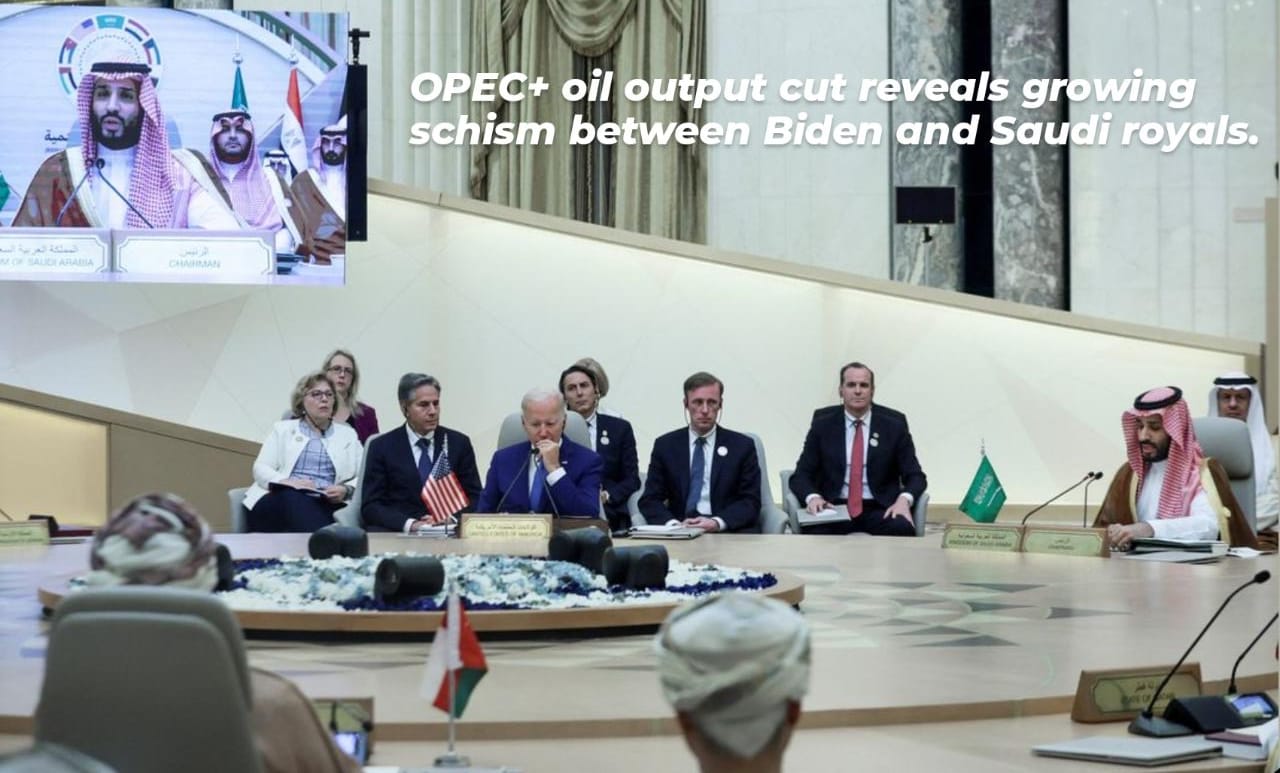
According to interviews with about a dozen government officials and experts in Washington and the Gulf, the OPEC+ organization’s decision this week to cut oil production despite stiff US opposition has strained already strained relations between President Joe Biden’s White House and Saudi Arabia’s royal family, once one of Washington’s staunchest Middle East allies.
According to these sources, the White House worked hard to avoid the OPEC output decrease. Biden seeks to keep gasoline prices in the United States from rising again ahead of the midterm elections, in which his Democratic Party is fighting to keep control of the United States Congress. During the Ukraine conflict, Washington also seeks to curtail Russia’s oil revenue.
For weeks, the US government pressed OPEC+. According to two sources familiar with the conversations, senior US officials from the energy, foreign policy, and economic teams have recently lobbied their foreign counterparts to vote against an output decrease.
Amos Hochstein, Biden’s top energy envoy, travelled to Saudi Arabia last month with national security official Brett McGurk and the administration’s special envoy to Yemen Tim Lenderking to address energy concerns, particularly the OPEC+ decision.
They failed to avert a reduction in output, just as Biden did following his July visit.
According to one person briefed on the negotiations, US officials tried to portray it as ‘us vs Russia,’ telling Saudi authorities they needed to make a choice.
According to the source, that argument failed because the Saudis argued that if the US wanted more oil on the market, it should start producing more of its own.

Post Your Comments